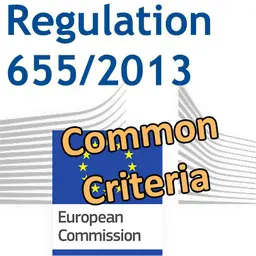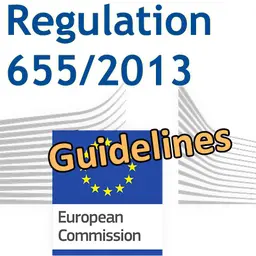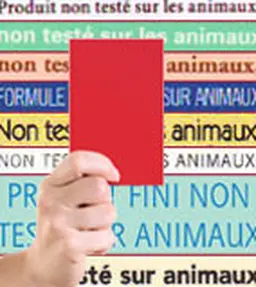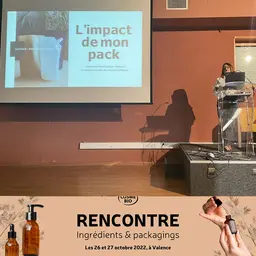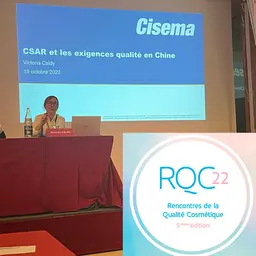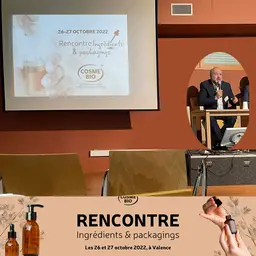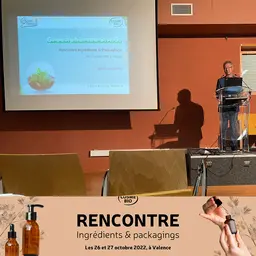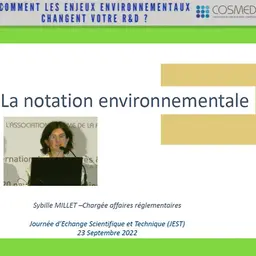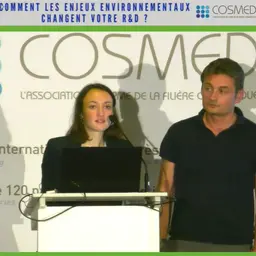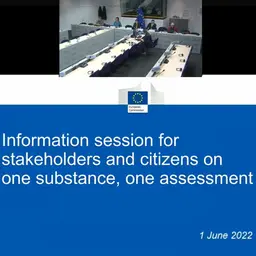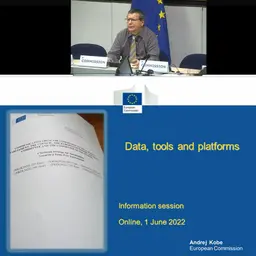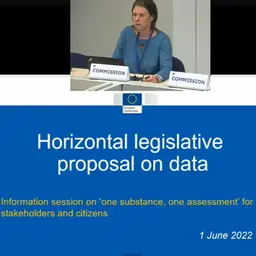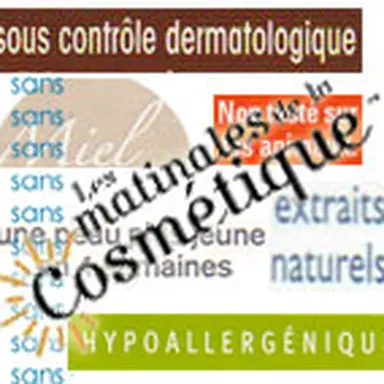
They are designed to “talk to the consumer". However, today, we … talk about them! How to write them, what can they let us know, what are they not allowed to claim …? These cosmetic claims, marketing messages of the utmost importance to present a product – and sell it, are questioned and prompt a lot of debates. Laurence Mulon (Mulon Conseil) came to make a fully exhaustive conference on this topic, during the 36th Morning Meetings on Cosmetics.
Laurence Mulon’s business card is impressive: a Doctor of Pharmacy, a consultant specialized in substances from natural origin, an advisor for cosmetic ingredients, formulation and manufacturing, a Eurotox expert, the President of the Ecocert certification committee, she is also a member of European working groups and, thus, attended many meetings about claims.
This latter experience made her a good choice to be invited to the Morning Meetings on Cosmetics. The Morning Meetings on Cosmetics, organized by
Sylvain-Romain Cotte
(
SRC Consulting)
, bring together professionals of the cosmetic world, every month, to exchange on a topical item, while sharing a breakfast.
Back a bit in time
Laurence Mulon likes to put the issues in perspective. Therefore, she began her presentation with going back a bit, to remind the audience of the regulatory and ethical bases of the cosmetics claims.
“Many documents about claims deal with cosmetics,”
she fingered out. The first one in France dates back to …1935, when the Office de Contrôle des Annonces (OCA; Bureau for Advertisement Control) was established. It was later replaced by the BVP, and, now, by the ARPP.
The story of claims is characterized by several milestones.
• 1984: The general European Directive 84/450 …

